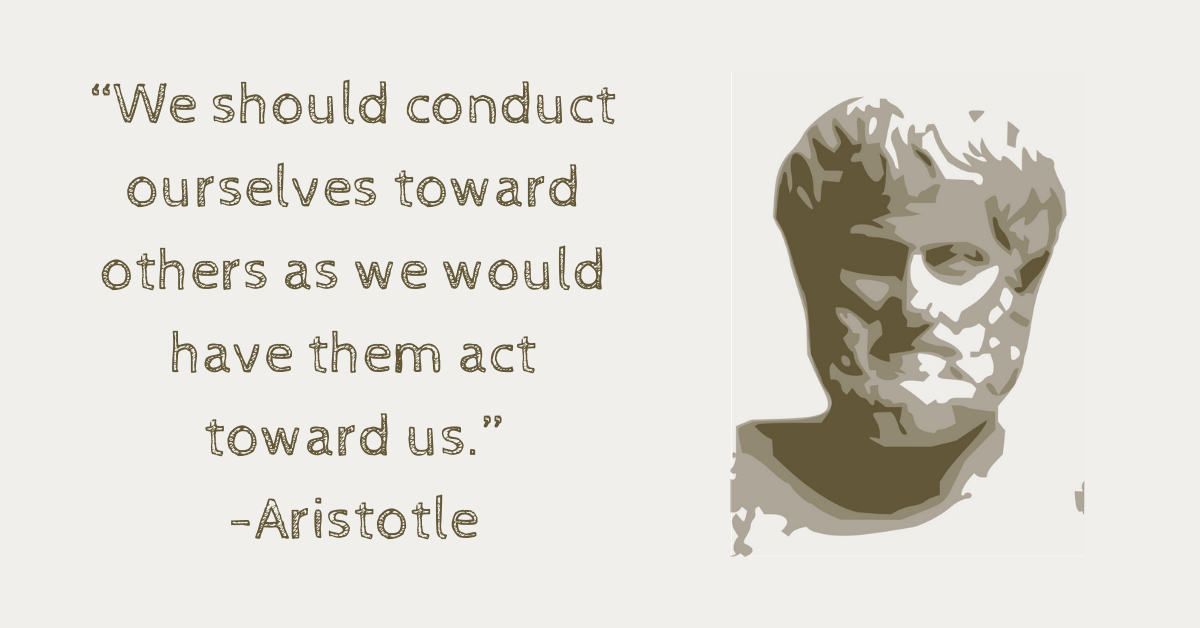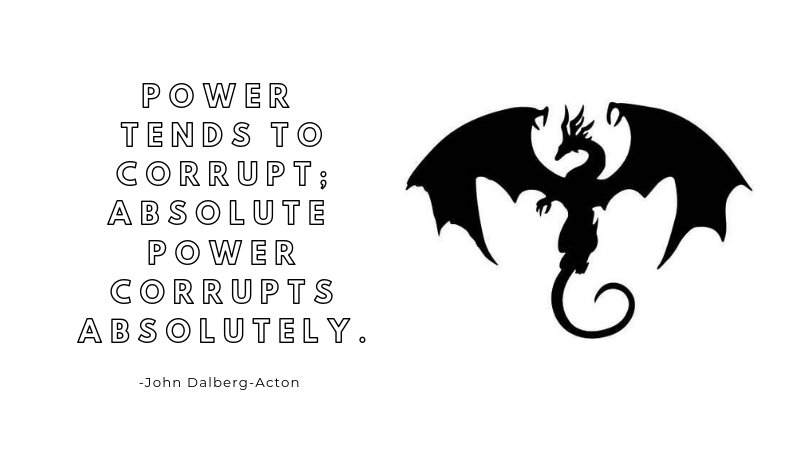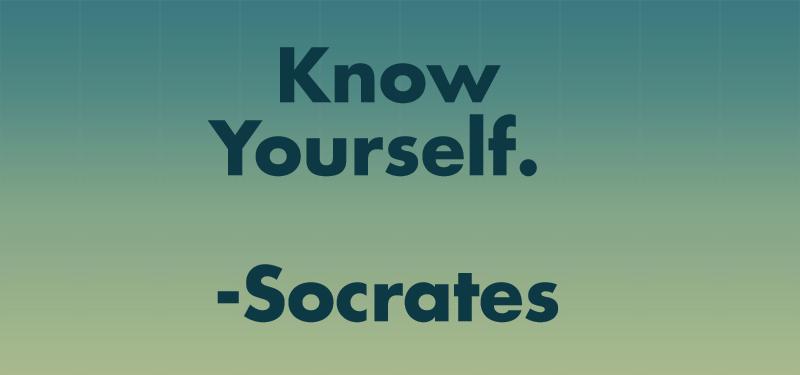It turns out that there are 3 important rules we can always use to do right by others: the Silver Rule, the Golden Rule and the Platinum Rule. These 3 rules are applicable regardless of our politics, religion or culture. These moral rules also have broad support across cultures and throughout history. Let's discuss the Silver, Golden, and Platinum Rules, and how they can easily be applied to tell right from wrong when it comes to our choices and actions.
|
Really you ask? Is it possible to tell right from wrong and to easily figure out how best to treat other people in every situation? Yes it is, and I'm about to show you how.
It turns out that there are 3 important rules we can always use to do right by others: the Silver Rule, the Golden Rule and the Platinum Rule. These 3 rules are applicable regardless of our politics, religion or culture. These moral rules also have broad support across cultures and throughout history. Let's discuss the Silver, Golden, and Platinum Rules, and how they can easily be applied to tell right from wrong when it comes to our choices and actions.
3 Comments
Some tyrants come as liberators. That is the final twist in Game of Thrones, a show known for it's shocking plot twists. This is what George R. R. Martin's A Song of Ice and Fire is ultimately about; what war really does to people, the difficultly of just rule, the inability to overcome personal moral failings, and the cyclical nature of tyranny.
Game of Thrones, the show based on the Song of Ice and Fire novels, is a bit more about putting spectacle over story. But Queen Daenerys as the final villain, rather than Cersei or the Night King, is George R. R. Martin's surprise ending, make no mistake about it. Viewers were naturally horrified to watch a sympathetic character turn bad, but that's the whole point! We were tricked in order to get us to understand the cruelty and horror of war by watching a character we knew and maybe liked become a tyrant. This isn't just my hot take on it, either. George R. R. Martin was a conscientious objector to the Vietnam War. He acknowledges that the perception of war as something glorious is a problem. Though not a radical pacifist, he states in this interesting clip that his goal with A Song of Ice and Fire, is to show the true cost of war. Violence under the guise of "breaking the wheel," promoting democracy, human rights, and most other justifications is still abominable. That is why we should be looking for non-violent solutions to problems rather than perpetually glorifying war and violent conflict. Evil in the Hearts of Men: Pacifism and Ethics in Game of Thrones and A Song of Ice and Fire4/3/2014 HBO's acclaimed Game of Thrones is often regarded as being one of the best shows on television. In anticipation of the Season 4 premier this Sunday, I am focusing on the popular epic fantasy series which the show is based on, A Song of Ice and Fire, by George R. R. Martin.
The books are known for portraying an exceptionally violent rendition of life in the Middle Ages, to which many people ascribe the famous Hobbesian maxim, “Life is nasty, brutish, and short.” What may not be readily apparent to both readers and TV show viewers, is that there is strong evidence suggesting that Martin is in fact actually trying to convey a non-aggressive or pacifist message, more consistent with his own conscientious beliefs, than a cynical or Hobbesian perspective. In creative writing, the gold standard is “show, don't tell.” Martin does this so well and so subtly, that many people are not even aware of the novel's pacifist themes. In fact, many readers assume the opposite. Both the novel and the TV show have often been criticized for being too violent. There is a good deal of rage, bloodshed, war, cruelty, death, tragedy, rape, incest, profanity and sex. On account of this fact, it's no wonder that some derive a cynical or “everyone is evil” mindset from the books and show. However, Martin has stated that he wants to make A Song of Ice and Fire realistic like the Middle Ages and real life. Some people tend to mistake this realism for proof of the novel's amorality, but it is not actually amoral. Ironically, you don't often come to higher order understanding about non-aggression or ethics by refusing to address the fact that people are capable of aggressive and unethical acts, and that there are consequences to such actions. (Before you continue reading, please note that this essay contains mild book 1-3 spoilers, and Season 1-4 TV show spoilers.) Ethics are really incredibly simple and uncomplicated. The key to happiness is living a life of personal integrity based on common sense ethics. A free will lives by rules that it gives to itself. Choosing a life of integrity has the overall effect of minimizing interpersonal and societal discord. If everyone tried their hardest to lead an ethical life, humanity would have far less problems than we have currently. Nearly every problem in human society is essentially a problem with the moral state of humanity.
Common sense ethics is my term for the straightforward understanding of shared ethical principles which humanity already has, that we have had for a long time. Common sense ethical principles are based on the lessons of daily living, as well as thousands of years of Eastern and Western philosophy, history and religion. |
Don't Miss A Post!Sign up to receive updates and special announcements! Thank You For Subscribing to Common Sense Ethics!You have successfully joined my email list. About Me:Thank you for your interest in Common Sense Ethics! I'm Leah, a librarian and freelance editor with a background in history and philosophy.
Most Popular Blog Posts:3 Unpopular (But Likely Correct) Opinions According to Cicero Download My Stoic Printables For Tough Days:
Watch Common Sense Ethics On YouTube:
|













